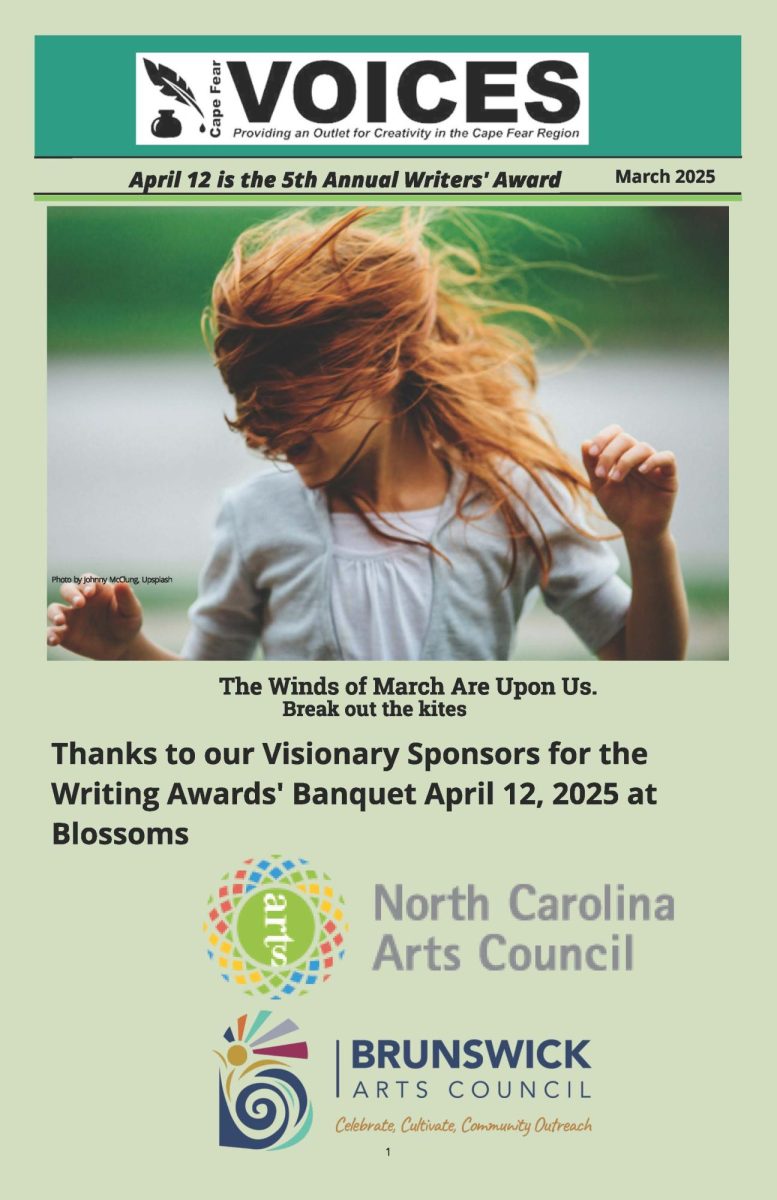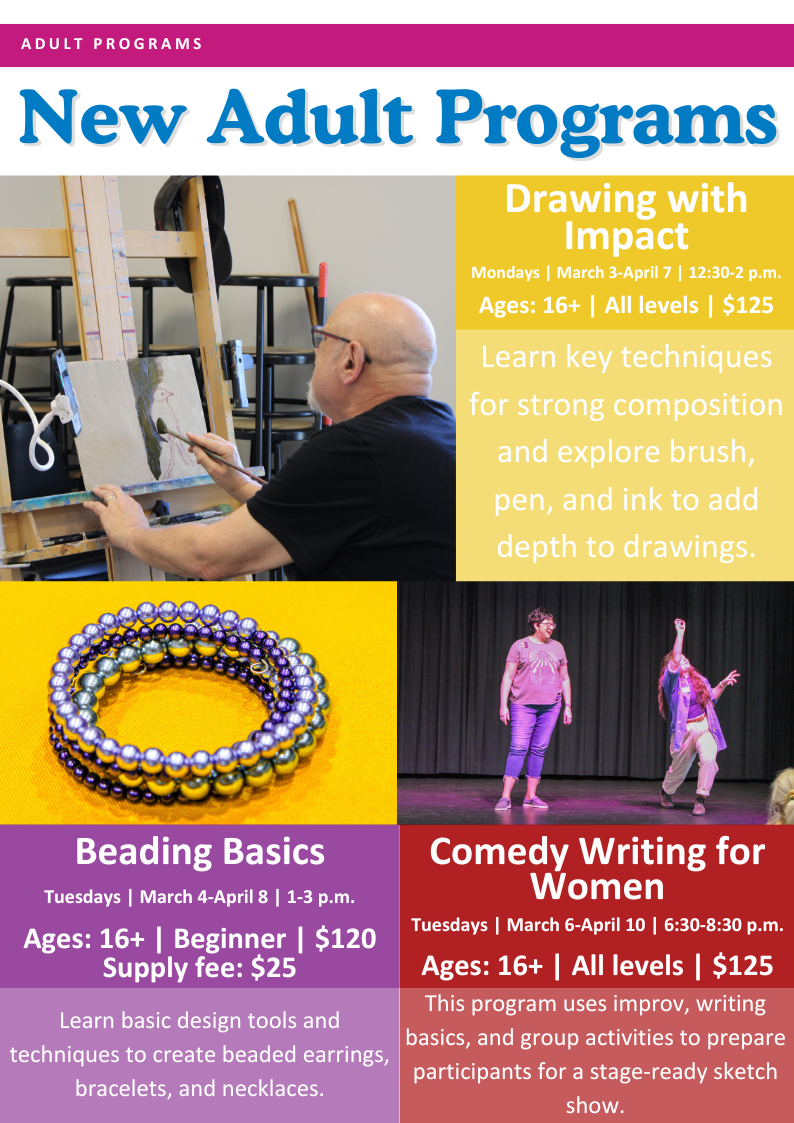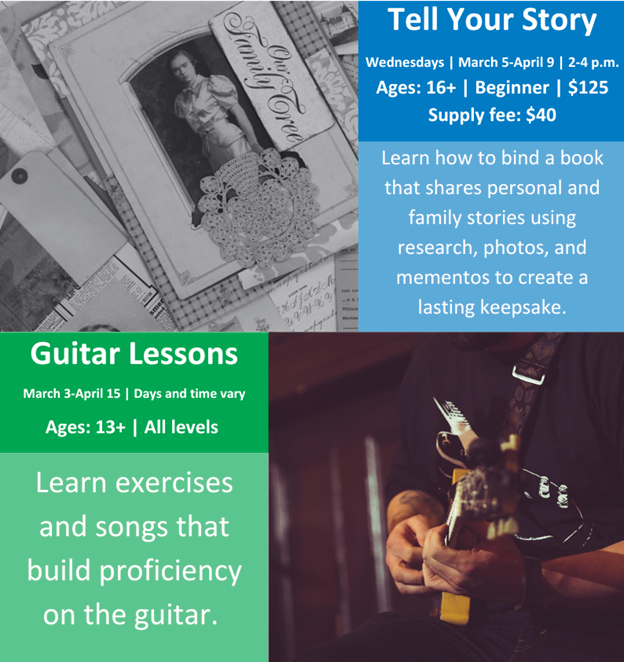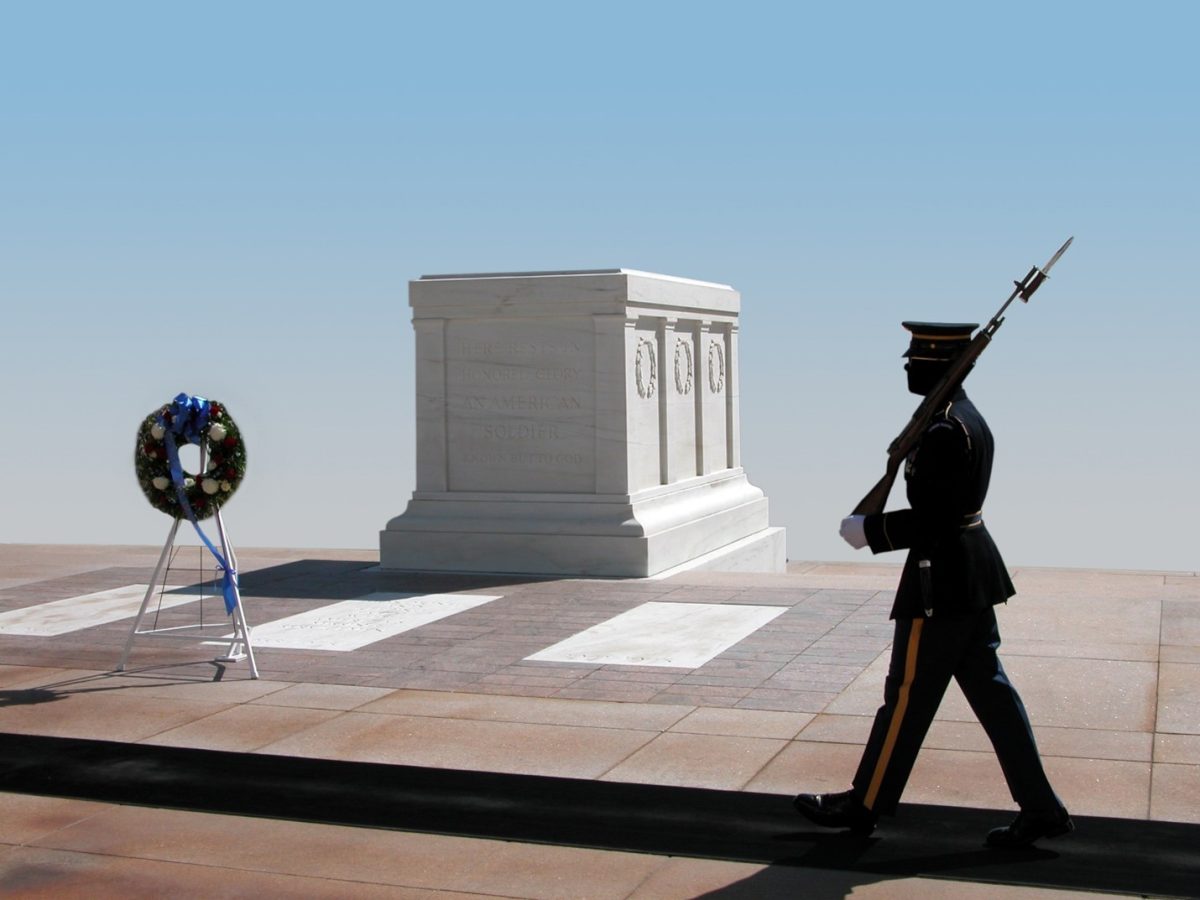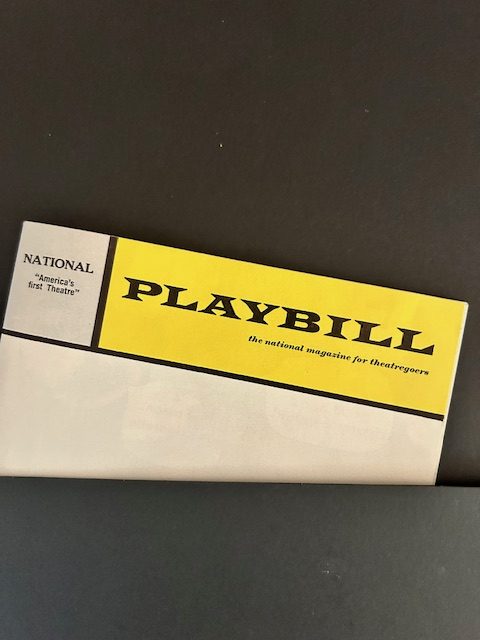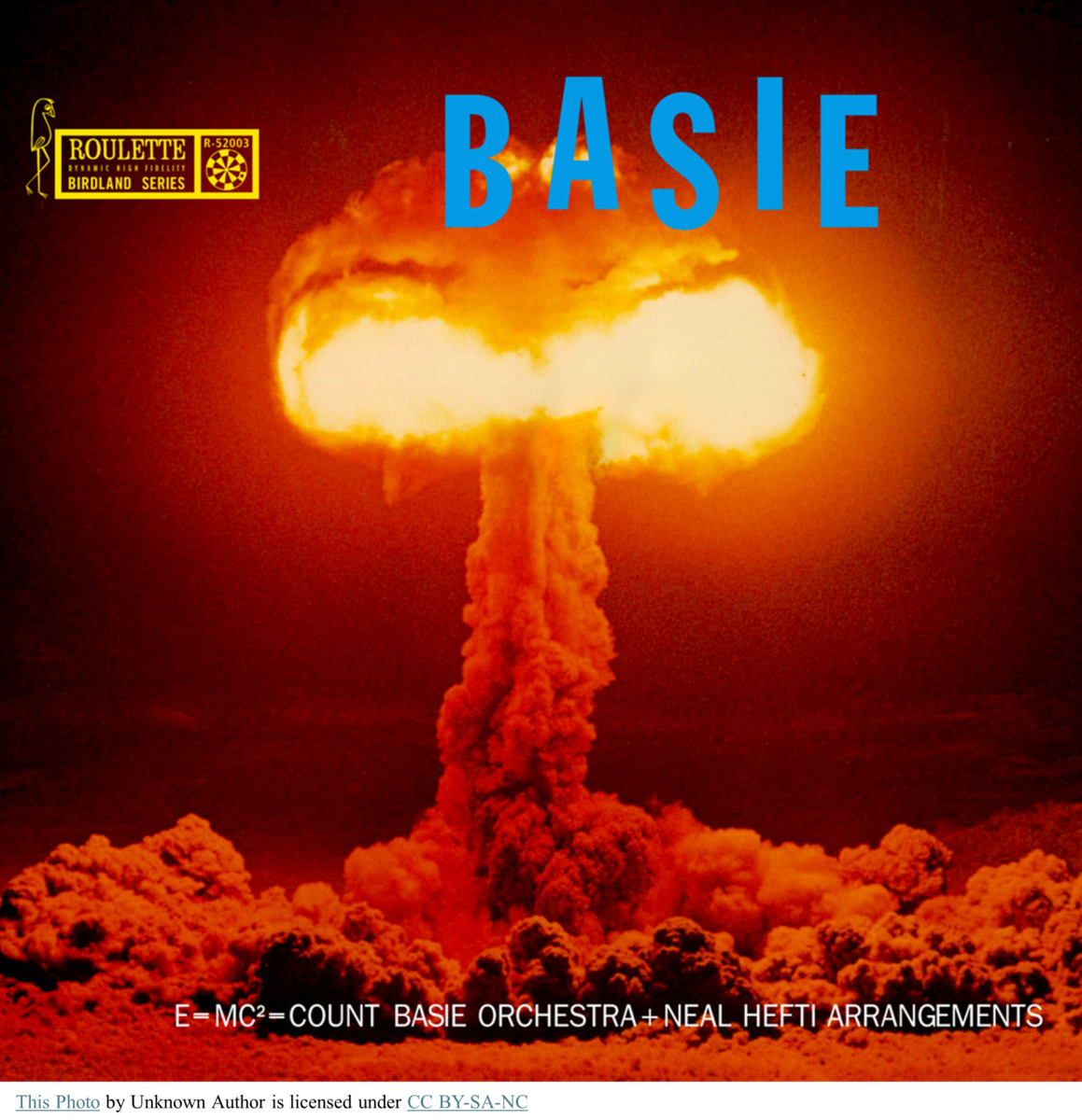I’m not sure I would have met my husband, Paul, if it wasn’t for the fact that we both talked “funny.” By funny, I mean we had distinct accents—his from Boston and mine from Long Island. Our paths first crossed in the language lab at SUNY Albany, where we were part of the Russian Linguistics graduate program. I had just returned from a four-month exchange program in Moscow, and the faculty wanted to gauge how much my comprehension had improved. Paul had learned Russian in the Air Force and finished his undergraduate degree at Boston College. As a new program recruit, he was taking the test to establish a baseline.
Although I was sort of dating someone else at the time, this “older man” intrigued me. (Okay, he was only three-and-a-half years older, but that combined with his Air Force background gave him an aura of worldly wisdom not typically associated with the more self-absorbed student population.) He also had thick, wavy hair that curled under his ears, a beard streaked with red, and a plaid flannel shirt rolled halfway up his forearms, displaying a set of strong, attractive wrists. You know—the lumberjack look.
We sat next to each other in one of the program’s elective courses, a seminar on English Dialectology. The professor frequently highlighted our respective phonetic and semantic speech variations to make his points about regional dialects in the northeast United States. The instructor wasn’t making fun of us—in fact, he encouraged us to be proud of our dialects—but you can’t help but feel a little beleaguered when repeatedly singled out for scrutiny. In a weird way, it helped us bond, as though we were allies in a fight against linguistic discrimination.
At the end of the seminar, the professor announced that the final was open-ended: we could do whatever we wanted, alone or in teams, to demonstrate or elaborate on a lesson from the class. I convinced Paul that we should join forces and perform a skit in which a fast-talking New York girl tries to pick up a preppy Harvard grad but is foiled by their phonological and semantic misunderstandings. Of course, this required us to get together several evenings over dinner to craft the dialog and practice our roles. It was the easiest “A” we ever got, and it was also at one of those evening “rehearsals” that I earned my first kiss.
By March, our relationship was becoming more serious, so with my parent’s permission, I invited Paul to spend Easter with our family on Long Island. However, about two days before our departure, Paul announced that his grandmother had died, and he needed to attend the funeral. My mother was skeptical; she suspected he got cold feet about meeting the parents and came up with the dead relative excuse. I was disappointed but a bit pleased to know he had a close relationship with his family.
The holiday was uneventful until the day after Easter when the phone rang. It was Paul. “We just buried my grandmother,” he said, “so I can come down and pick you up.” And although grandma wasn’t even cold in the ground, Paul drove the five hours to our Long Island home the very next day to take me back to Albany. Needless to say, my parents were very curious to meet this guy. Luckily, they loved him as much as I did, and the rest, as they say, is history.



